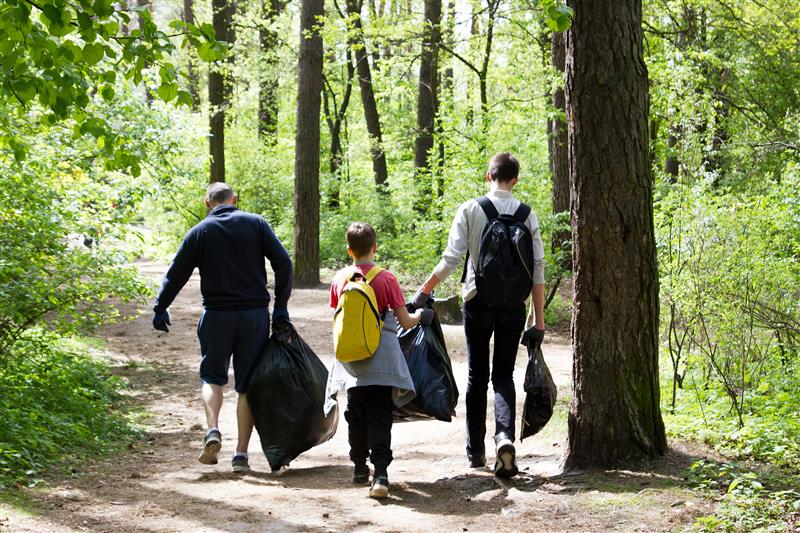Dr Emily Lau discusses the importance and impact active citizenship has on children and schools following the recent Curriculum and Assessment Review.
Yesterday, the highly anticipated Curriculum and Assessment Review was published by Professor Becky Francis, with the importance of citizenship clearly recognised, distinguishing it from other areas such as Personal, Social, Health and Economic Education (PSHE), and acknowledging the lack of equity in learning opportunities in citizenship for children across the country.
As a researcher, who has spent close to a decade making a case for greater attention to opportunities for civic learning in primary education, I was delighted that the Francis Review drew directly on the Economic and Social Research Council-funded project Educating for Public Good, which I led with Dr Alison Body (Global Action Plan) and Dr Lindsey Cameron (University of Kent). The review, aligning with our research, acknowledges the importance of citizenship in Primary Education and the need for ‘a Citizenship curriculum that has greater clarity and consistency so that all children and young people have the opportunity to develop the skills and knowledge to thrive’
Our research calls for a more embedded and consistent focus on active citizenship across primary education, ensuring all children – from the earliest years – have opportunities to learn about their rights, responsibilities, and the power they hold to shape their communities and the wider world. Active citizenship means taking a justice-oriented approach in school, including creating spaces for debate and discussion on social causes and ensuring children make decisions about the causes and organisations they support in their communities through hands-on social action.
The review’s explicit recognition of active citizenship as central to learning, represents an important shift. Reinforcing the recommendations within our research, the report emphasises the importance of supporting Active Citizenship in Primary Education as well as through Secondary Education.
Our research found that all children were introduced to concepts of civic responsibility at Primary School; however, we found that not all children accessed active citizenship education that enabled their agency and participation. When children take the lead on what they learn about society and apply it to real issues – leading projects, influencing decisions, and shaping solutions alongside others- there is long-term engagement in civic learning and a recognition of their potential to create change. Our research observed children investigating local air pollution and campaigning for cleaner air, writing to MPs about housing conditions, and developing projects to reduce food waste and support their community. Through these experiences, children understood that their voices mattered and how working together on collective action creates real change. The children we talked to demonstrated empathy, confidence, and a deep understanding of fairness. They were developing a respect for democratic life.
It is not just children who benefit when a more active citizenship approach is taken; in schools where children were leading change and involved through community partnerships, the whole school community were positively impacted. Teachers reported greater enjoyment of their job and a greater sense of their own civic agency, and school leaders reported better relationships with the parents, carers and community outside the school. Active citizenship has benefits beyond the classroom; it impacts school ethos and values.
The review provides a vital foundation for change. Our Educating for Public Good research shows that active citizenship flourishes through partnerships – when schools collaborate with charities, and community organisations that bring expertise, lived experience, and real-world relevance into learning. These partnerships transform abstract ideas about democracy and justice into lived experiences, helping children see how collective action can make a difference in their own neighbourhoods.
Teachers and pupils need time, training, and policy support to make it possible, and charities and community organisations have a vital role as co-educators – helping design participatory projects, share best practice, and create opportunities for all children to engage as active citizens. Senior leaders can enable the flourishing of civic learning through the school ethos and values. The Curriculum and Assessment Review gives us the framework. Now comes the collective task of bringing it to life – ensuring that citizenship remains not only taught but lived.
Dr Emily Lau is Course Director of Childhood Studies in the School of Social Work Education and Teacher Education.
 Expert comment
Expert comment Emma Grafton-Williams
Emma Grafton-Williams 582
582


